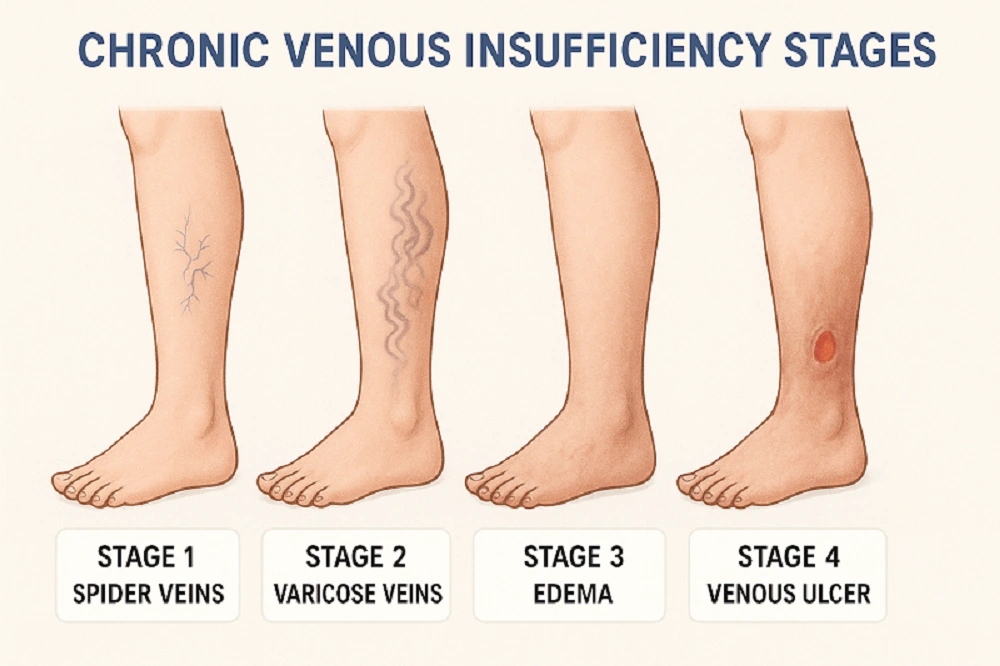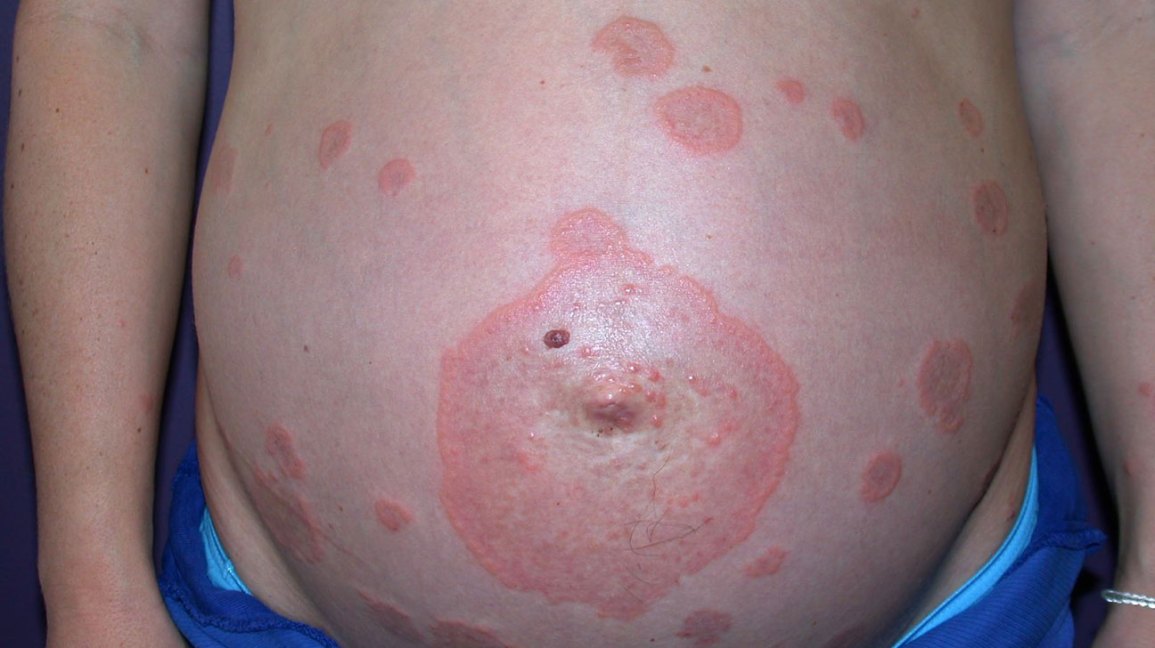
A newborn presents with failure to thrive and a musty odor in urine. What is the most likely metabolic defect?
- A) Maple syrup urine disease
- B) Urea cycle disorder
- C) Galactosemia
- D) Phenylketonuria ✓
The clinical presentation of a newborn with failure to thrive and a musty odor in urine is highly suggestive of Phenylketonuria (PKU). PKU is an autosomal recessive metabolic disorder caused by a deficiency in the enzyme phenylalanine hydroxylase, which is responsible for converting phenylalanine to tyrosine. When this enzyme is deficient or absent, phenylalanine accumulates in the body, leading to various neurological impairments and other health issues if not managed appropriately.
The musty or “mousy” odor of the urine is characteristic of PKU due to the accumulation of phenylacetate, a byproduct of phenylalanine metabolism. Newborns with PKU typically present with failure to thrive due to poor feeding and developmental delays. If left untreated, they can develop severe intellectual disabilities and other complications.
To summarize:
- Phenylketonuria (PKU): The most likely metabolic defect in this case due to the combination of failure to thrive and musty odor in urine.
The other options can be briefly discussed as follows:
A) Maple Syrup Urine Disease: This condition presents with a sweet-smelling urine due to branched-chain amino acid accumulation, not a musty odor.
B) Urea Cycle Disorder: This disorder typically leads to hyperammonemia and may present with lethargy or vomiting but does not specifically cause a musty odor.
C) Galactosemia: This condition results from an inability to metabolize galactose and can lead to jaundice, vomiting, and failure to thrive but does not produce a musty odor in urine.
Thus, the correct answer is D) Phenylketonuria.







